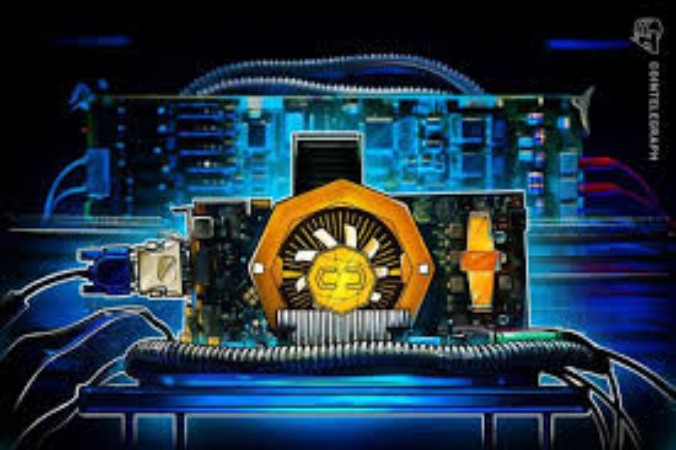On 9 August, Changpeng Zhao, the CEO of cryptocurrency trading platform, Binance, declared about a demonstration of decentralized platform trading through a tweet. Binance, the world’s largest cryptocurrency exchange, released a demo of its decentralized exchange (DEX) on August 9, 2019. The demo showed three essential features of the planned exchange, those being the creation, listing, and trading of tokens.
In a six-minute video added to the tweet, Zhao presented a demo in the form of “casual, early, and pre-bid” for the exchange. The CEO said that he was not expecting far too much at the moment, adding he does not have a graphical user interface at present. The DEX is built on top of Binance Chain, an upcoming blockchain where BNB will be the native coin. A community initiative, the DEX is being created with the support of Binance developers and technology and is set to be released in early 2019.
Zhao showed three main characteristics of planned exchange, namely token creation, listing, and trading. Since Zhao did not announce the release date, it remains to be seen when the stock will be put on the market and what volumes it can process.
Decentralized exchanges are safer than their central counterparts, which are more vulnerable to hacking. Decentralized platforms so that users can retain ownership of their tokens with the help of private keys. This solution seems to prevent the accumulation of cryptocurrency in a centralized point of attack.
The demo showed how users can create their own tokens on the DEX by submitting a smart contract. The tokens can then be on the exchange and traded against other tokens. The DEX also supports margin trading, which allows users to borrow funds to trade with.
However, The DEX is still in development, but the demo shows that Binance is serious about creating a decentralized exchange that can compete with centralized exchanges like Binance. The DEX could offer users more control over their funds and more privacy than centralized exchanges.
Recently this month, Binance acquired Trust Wallet, an open-source decentralized portfolio that supports Ethereum and more than 20,000 different tokens of Ethereum. Zhao then stated that Binance intended to include the Trust Wallet as the standard portfolio in its decentralized exchange.
Binance which moved its activities to Malta this spring, according to CoinMarketCap, is the most important crypto exchange in terms of transaction volume. In July, the exchange supported plans to create a bank based on the blockchain with ownership on the basis of the token. The Founders Bank of the future would be investors of digital tokens and its headquarters in Malta, known for its strong and translucent crypto regulatory environment.
The withdrawals and deposits of YOYO, which recently, are now open. Binance has declared that it has completed the YOYO main-net token swap.
Here are some of the benefits of using a decentralized exchange:
Decentralization:
Decentralized exchanges are a single entity, which means that they are more resistant to hacks and fraud.
Security:
Decentralized exchanges use smart contracts to facilitate trading, which means that there is no need to trust a third party.
Privacy:
Decentralized exchanges do not require users to provide personal information, which can help to protect their privacy.
Liquidity:
Decentralized exchanges are becoming increasingly liquid as more and more users adopt them.
However, there are also some challenges with using a decentralized exchange:
Complexity:
Decentralized exchanges can be more complex to use than centralized exchanges.
Gas fees:
Decentralized exchanges use gas fees to pay for transactions on the blockchain, which can be expensive.
Liquidity:
Decentralized exchanges may not have as much liquidity as centralized exchanges.
Overall, decentralized exchanges offer a number of benefits over centralized exchanges. However, they are still a new technology and there are some challenges that need
As the technology matures, decentralized exchanges are likely to become more popular
and offer a more secure and private way to trade cryptocurrencies.




